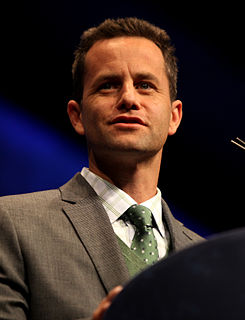A Quote by Salman Rushdie
Two things form the bedrock of any open society - freedom of expression and rule of law. If you don't have those things, you don't have a free country.
Related Quotes
The Arab awakening has been, up to now, a lot about freedom from dictatorial regimes - Syria, Yemen, Libya, Tunisia, Bahrain and Egypt. But once you got freedom from, then you need freedom to. Freedom from is about destroying things. Freedom to is about constructing things, constructing the rule of law.
In a free country, America, or India, and Japan, and many places, democracy country, free country, but still within the sort of rule of law, some injustice, some sort of problems, some discrimination, and also some sort of scandals or the corruptions. These things, you see, they are always in my mind, I think many people agree, lack of moral principle.
He spoke of very simple things- that it is right for a gull to fly, that freedom is the very nature of his being, that whatever stands against that freedom must be set aside, be it ritual or superstition or limitation in any form. "Set aside," came a voice from the multitude, "even if it be the Law of the Flock?" "The only true law is that which leads to freedom," Jonathan said. "There is no other.
Capitalism as a social order and as a creed is the expression of the belief in economic progress as leading toward the freedom and equality of the individual in a free and open society. Marxism expects this society to result from the abolition of private profit. Capitalism expects the free and equal society to result from the enthronement of private profit as supreme ruler of social behavior.
The great ideas of the West - rationalism, self-criticism, the disinterested search for truth, the separation of church and state, the rule of law, equality before the law, freedom of conscience, thought, and expression, human rights, and liberal democracy- quite an achievement, surely, for any civilization- - remain the best, and perhaps the only, means for all people, no matter of what race or creed, to reach their full potential and live in freedom.
I don't mean you disregard every rule of your community. I don't go around naked, for example. I don't run through red lights. The little things, I can obey. But the big things- how we think, what we value- those you must choose yourself. You can't let anyone-or any society- determine those for you. ' -Morrie Schwartz
The values that we share - freedom of speech, freedom of religious practice, freedom for civil society, free and fair elections, all the innovation that's been created through a market-based economy - those things are ultimately going to be the path for us to continue into a better future. I hope that, despite some of the challenges we have, that people appreciate that.







































